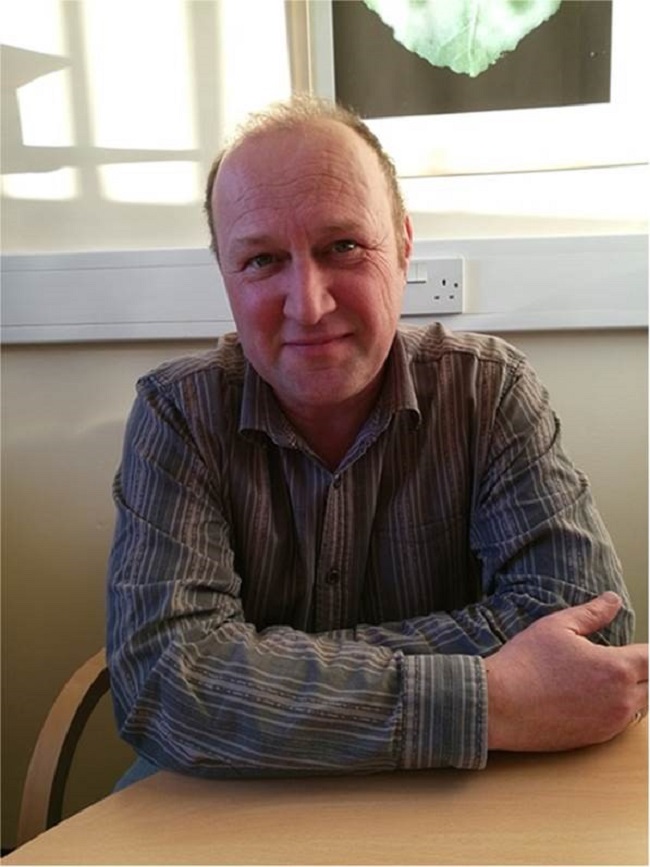PS Seminar: Delivery and Activity of late blight effector proteins that suppress plant
Speakers
Event series
Content navigation
Description

The oomycete Phytophthora infestans causes late blight, the most significant disease of potato and tomato. As such, it is a threat to food security. It has been shown to secrete so-called effector proteins to suppress the host immune system. Some of these effectors, notably the RXLR class, are delivered (or translocated) inside plant cells where they interact with host proteins, manipulating their function to promote disease. The RXLR motif is similar in sequence and relative position to the PEXEL motif in Plasmodium effector proteins. Like the PEXEL motif, it appears to be a site for proteolytic cleavage and to act as a secretion sorting signal. I will review our current knowledge on how RXLR effectors are non-conventionally secreted in order to be translocated into host cells from finger-like structures called haustoria that are formed by the pathogen during the early stages of infection.
We have found that some of these RXLR effectors target and suppress the activity of plant proteins that are positive regulators of immunity. In contrast, other RXLRs target negative regulators of immunity, presumably supporting or promoting their activity to create a susceptible environment. This presentation will review both classes of RXLR effector activity, where this occurs within the plant cell, and whether effector activity contributes to host range.
After a PhD and post-doc in University of Manchester on the molecular biology of lignocellulose degradation by fungi, Paul Birch took up a Principal Investigator position at the Scottish Crop Research Institute (now James Hutton Institute) in Dundee in 1995. Since then he has studied the potato late blight pathogen, Phytophthora infestans, with a particular interest in the molecular and cellular processes governing the development of disease or disease resistance. His group has been instrumental in discovering effector proteins from the pathogen that enter plant cells and manipulate host defences. In 2007, he became ‘Professor of Plant Pathology’ at the University of Dundee. In 2016 he was made Fellow of the Royal Society of Edinburgh. His main interests are in understanding:
- How pathogen effectors are delivered inside plant cells;
- What host proteins and processes they target;
- How they are recognised by host resistance proteins; and
- How the complex co-evolution between host and pathogen dictates the outcomes of attempted infection.
Location
Eucalyptus Seminar Room, S205, Level 2, RN Robertson Building (46)




